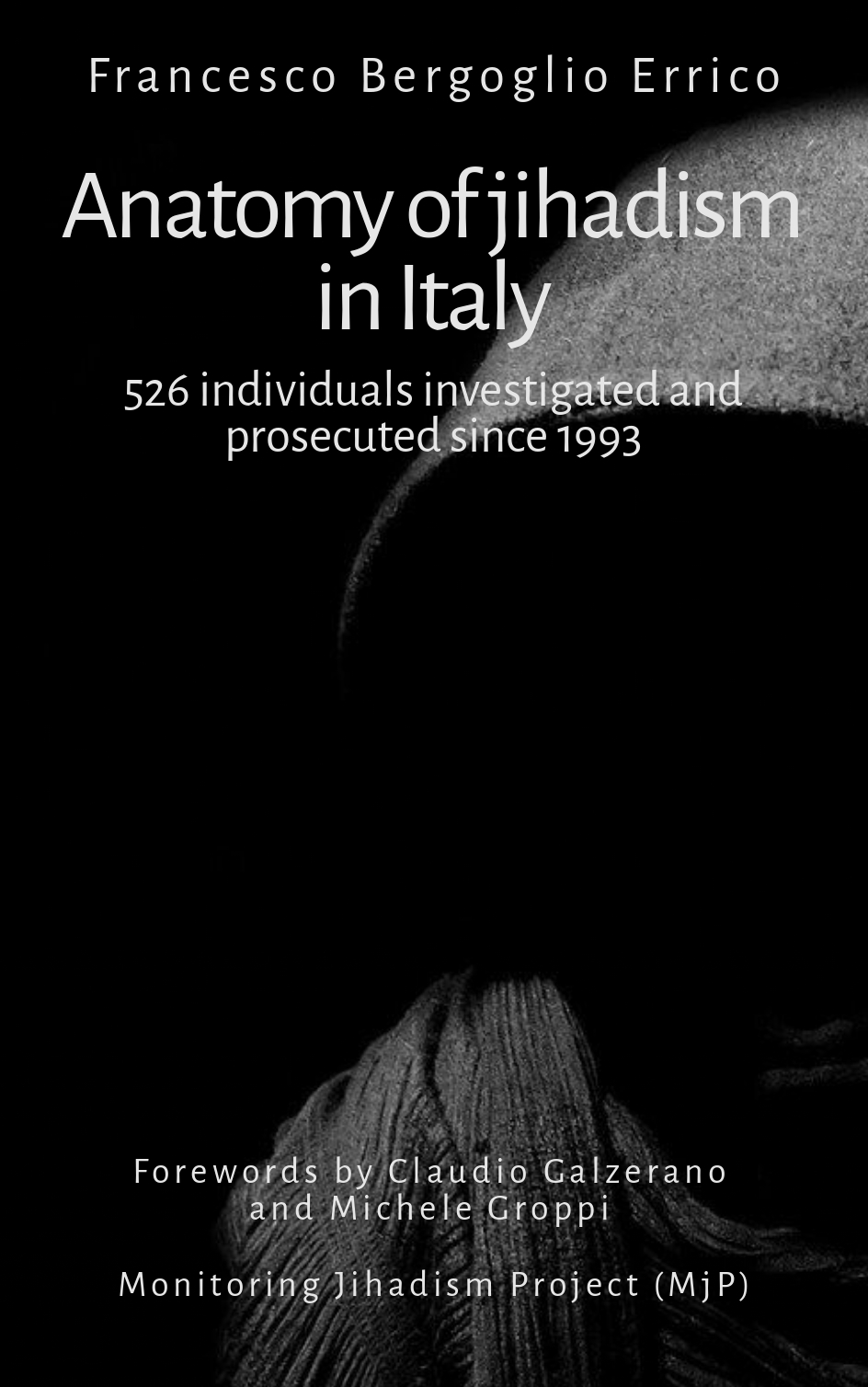Akram Baazaoui
The Operation Mosaic arose from the investigative developments following the terrorist attack in Berlin in December 2016. Investigations focused on individuals around the terrorist Anis Amri and disarticulated a criminal network involved in the production and delivery of forged Italian documents to irregulat migrants; Anis Amri himself had been a beneficiary years before. The operation was therefore part of a broader investigation aimed at striking criminal organisations dedicated to criminal activities, also instrumental to international terrorism.
Within this context, the figure of Akram Baazaoui emerged. His profile is linked to the arrest of the Baazaoui (Akram, Mohamed, Dhiaddine, and Rabie), who were all accused of participating in a criminal association aimed at document forgery and facilitating illegal immigration. The four have been investigated for crimes under Article 416 of the Penal Code, as they constituted a transnational association with unidentified individuals residing in Tunisia and France engaged in migrant smuggling. They have also been investigated as they positioned themselves as reference points for at least a hundred migrants, mostly of Tunisian origin, illegally smuggled to Italy. They provided logistical assistance in Naples and then organized their journey to France, manufacturing false Italian documents. Additionally, they are being investigated as they counterfeited certificates and administrative authorizations (driving licenses, vehicle registration documents, residence permits, tax codes), and false documents valid for expatriation (identity cards).
Akram Baazaoui was born in Tunisia on 11 July 1986 and was a resident in Naples in Italy. Akram was allegedly contacted by the terrorist Amri Anis during his time in Latina to request documents enabling him to leave the country under a false identity. Investigations and incercepted conversations revealed that Akram Baazaoui emerged as the leader and promoter of a sophisticated criminal association favouring migrant smuggling and irregular immigration of individuals from Tunisia to various EU countries. He served as a reference point for Tunisians migrating to the West, handling transportation, temporary accommodation in Italy, providing false documents and food to immigrants, and arranging their subsequent transportation to the destination country (France, Germany, and others) in exchange of money sent to foreign bank accounts. Once the price for the document was agreed (interceptions also reveal a kind of price list for offerings, in Italy 100 euros, and in France 150, and any potential discounts), the buyer was asked to send money in advance through money transfer services and provide personal information and photos via WhatsApp to be included in the counterfeit document.
Akram was widely known in Tunisia, demonstrating the notoriety and establishment of the association in Tunisia and Europe. Akram used to be informed in real time about the arrivals of new migrants and promptly organized their reception in Naples and subsequent transfer to France through associates on the place. Once in France, irregular migrants lacking valid documents used to contact Akram’s associates; their task was to deliver irregulat migrants with an accommodation and the false documents sent by Akram to France through postal couriers. Moreover, Akram used to intstruct them on how to behave once they arrived in France.
From phone interceptions, it emerged that the criminal association was firmly rooted in the territory and was keen on expanding their customer base through word of mouth among non-EU residents seeking a false document from France. Moreover, the Baazaoui were provided with a storage in an unspecified garage with a series of ready-made fake registration documents to be filled in as needed.
Akram was officially listed as the owner of an individual retail trade business, dealing in trinkets and costume jewelry. In 2016, he declared a net income of 8,600 euros. However, the investigations and reports from DIGOS (Italian police unit for combating terrorism and organized crime) revealed Western Union transactions from October, November, and December 2017 sent to Akram. These sources of income received do not appear to be of a lawful nature; as confirmed from intercepted conversation, Akram generated substantial profits from such illicit activities.
In short, Akram was the organizing leader of this criminal association. He maintained contacts with North Africa for the organization of landings and with Northern Europe for the settlement of irregular migrants beyond the Italian border. The criminal organization involved in illegal immigration was capable of: promptly obtaining information about clandestine landings through direct communication with other associates stationed in North Africa; establishing contact with irregulat migrants; arranging housing and accommodations, providing them with nourishment and assistance for the time necessary for the falsification of documents; forging identity documents after taking photos to apply to the prepared documents and giving them the appearance of regular citizens; organizing movements to the rest of Italy and preparing them for the border crossing, which took place from Ventimiglia to the French territory; arranging the border crossing with specially paid drivers. For these reasons, a preventive custody measure in jail has been imposed on Akram.





